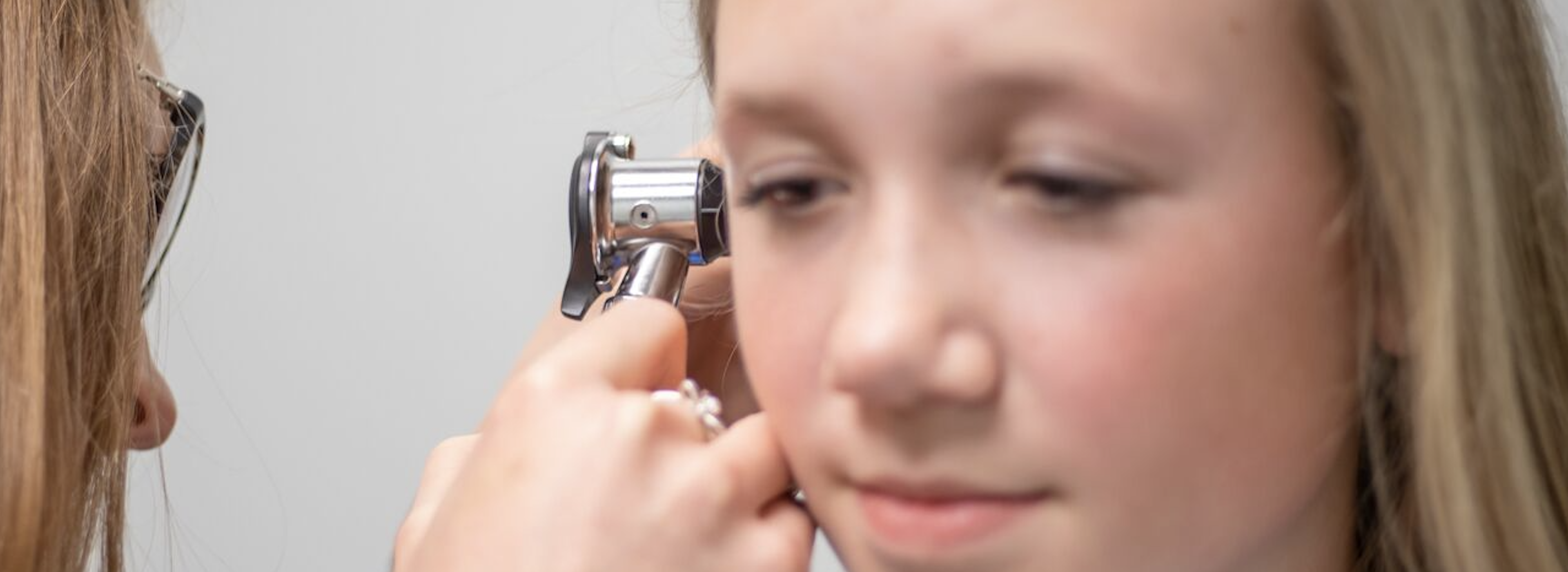
Swimmer’s Ear Isn’t Just for Summer
Summertime means beaches and lakes and lots of swim time. That doesn’t stop when Fall arrives! Many of our children participate in swim programs and teams throughout the year! So what does one do if their little swimmer starts complaining about painful ears after a pool visit?
In “doctor-speak,” swimmer’s ear is technically called “otitis externa.” Your ears secrete a film of wax that acts as a barrier to bacteria and other invaders. When water gets between that wax and the outer layer of your ear canal, bacteria can develop, and that can create a feeling of pressure in the ear – like an earache. And believe it or not, it can happen on dry land also! You don’t have to submerge your head to attract that moisture!
If your child goes swimming, ask them afterwards if they feel like they still have water in their ears. If they lie down, the water may run out of their ears naturally. A good prevention technique is mixing half white vinegar with half common rubbing alcohol. The vinegar balances the PH of the ear while the rubbing alcohol will dry out the ear to remove that excess moisture. Most bacteria relies on a certain PH to grow. Three or four drops of this mixture should do the trick.
PLEASE avoid using q-tips or other invasive objects, as this can lead to eardrum damage and an infection!
If your child is still complaining of fullness, pain, or a clogged feeling after 24 hours, it’s time to come see us.
We typically treat swimmer’s ear with oral or topical antibiotics (ear drops). If your child is experiencing pain, over the counter Ibuprofen or Tylenol will provide them some relief. Until all of your child’s symptoms disappear, stay out of the water! Cheer from the sidelines for a practice or two!
Then you’ll be ready to dive back in.